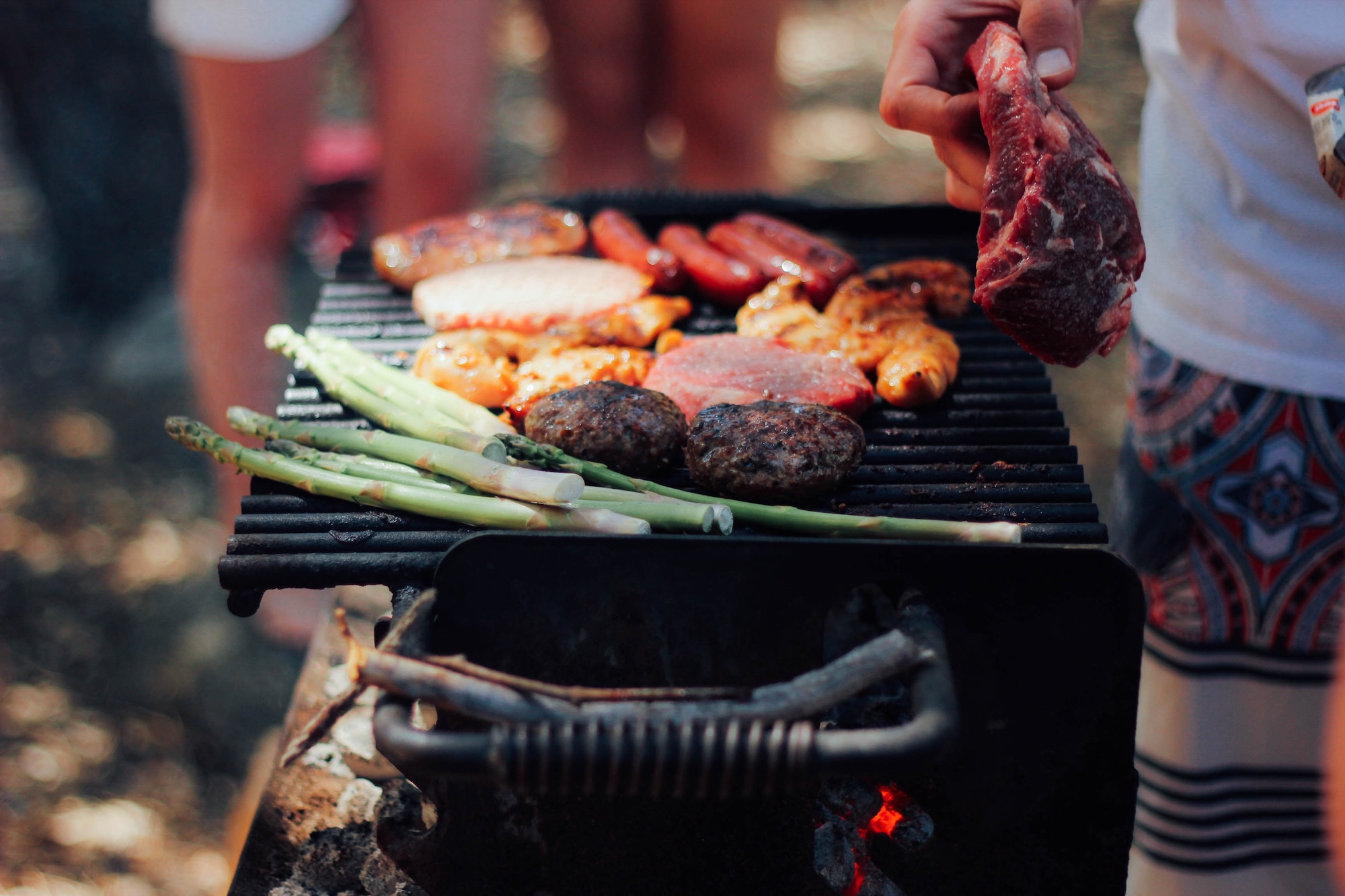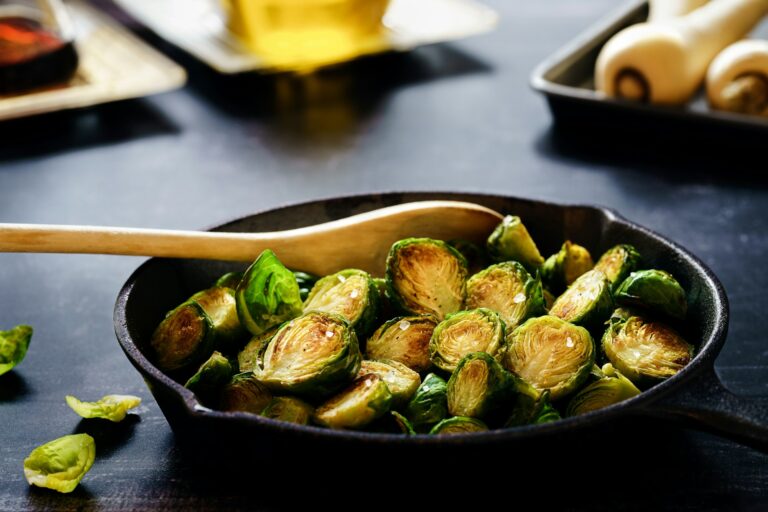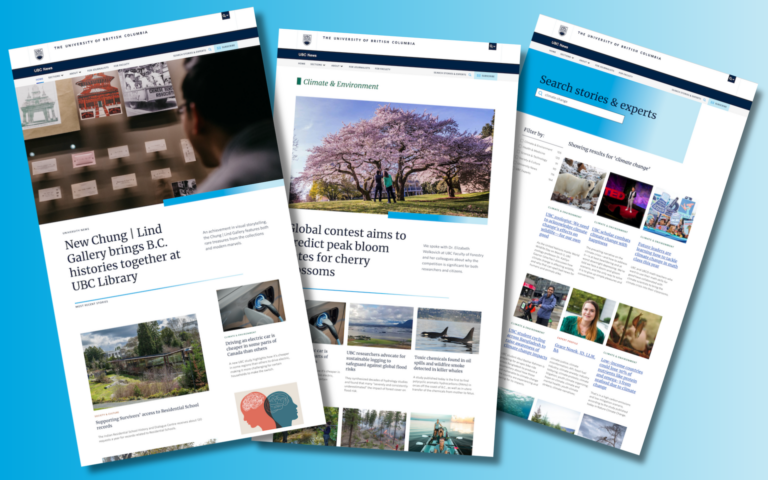How to keep the fun and ditch the food poisoning this summer
Dr. Siyun Wang, a food safety researcher and professor in the faculty of land and food systems, shares her top tips for safely consuming our favourite foods this summer.


Enjoying food outdoors with family and friends is a quintessential summer activity, but foodborne pathogens can thrive in the summer heat and humidity.
Dr. Siyun Wang, a food safety researcher and professor in the faculty of land and food systems, shares her top tips for safely consuming our favourite foods this summer.
Does summer weather increase the likelihood of foodborne illnesses?
Microorganisms that make people sick love warm temperatures and moisture, so summer provides the perfect environment for them. With food, there is a danger zone between four and 60 C in which pathogens thrive. Pathogens grow the fastest when the temperature is around 32 to 43 C. So, in the summer, if pathogens are present in food, even in trace amounts, they can multiply very quickly and cause problems.
Are there any food safety considerations for when consuming food outdoors in the summer?
When we are indoors, we can store food in the refrigerator, heat food if necessary, and wash our hands frequently. This controlled environment does not exist outdoors, so we must be more careful. Make sure your food is stored in a cooler that is properly chilled, and do not leave food outside for too long, so bacteria do not have time to grow. If there is no running water available, carry a bottle of sanitizer with you to help keep your hands clean.
Grilled foods are a summer staple. Is there anything we should lookout for when barbecuing?
Marinate meat in the fridge and not on the counter as bacteria will grow very quickly at room temperature. It’s especially important to avoid cross-contamination between raw foods and cooked foods. Do not use the same utensils to handle both raw and cooked meats. If you have leftover marinade that was used on raw meat, do not use it to baste meat that is cooking and prepare a separate marinade for cooked meat.
Ice cream is a go-to treat for cooling down when it’s hot outside. Is there anything to consider?
There are two purchase options for ice cream. Firstly, there is ice cream stored in freezers in grocery stores or ice cream trucks. These are safe to consume, so long as they are properly stored and kept frozen until consumption. The second option is ice cream served in stores. Soft serve ice cream and scooped ice cream can be harmful if the dispensing machine or ice cream scoop is not properly sanitized. Ice cream can be contaminated by the pathogen Listeria monocytogenes. Listeria rarely makes healthy adults sick, but can affect vulnerable populations like children, older adults, and pregnant women. Extra care should be taken if these vulnerable populations want to have ice cream.
Shellfish and other seafood are popular in summer, especially here in Vancouver. What precautions should we take when eating them?
Make sure to buy seafood from credible sources that have been granted licenses by the government. These fishers follow strict guidelines to ensure their harvests are safe for consumption. Consuming seafood from unknown sources can be harmful as they could have higher levels of seafood toxins. In addition, shellfish can be contaminated by norovirus which can cause terrible sickness. Shellfish should be cooked thoroughly before consumption and those who choose to consume it raw should understand the risks associated with doing so.
What are your top three food safety rules that we should remember when we’re enjoying our favourite summer foods?
Keep in mind that some people are more vulnerable than others, and that everyone’s immune system is different, so consume foods that your body can handle. Secondly, always remember the danger zone temperatures – between four and 60 C. Keep your hot food hot, and your cold food cold. Lastly, keep raw and cooked foods separate to reduce cross-contamination.



